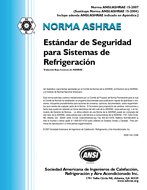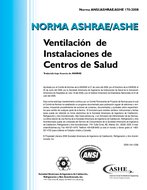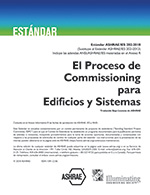Description
Natural gas (NG) has been treated as one of the main sources of energy for a wide range of residential and industrial applications for more than half a century. Liquefied Natural Gas (LNG) is the most economical way to transport NG, however, the liquefaction process can be very energy-intensive, thus offering an opportunity for increased efficiency for the technology utilized in this process. Currently, the liquefaction process consists of a series of cascading refrigeration cycles with various working fluids. This paper investigates the use of novel propane chilling technology as a portion of the liquefaction process. Based on multiple studies on performance benefits achieved with an ejector-expansion device, a novel cycle architecture employing a variable-geometry ejector combined with a pump to control the ejector motive nozzle inlet state is proposed for this application. The proposed architecture also presents a two-stage configuration to predict the performance benefit of the ejector for future application in the original three-stage evaporation process. The scaled-down test stand will be used as a proof of concept, while also aiming to validate performance benefits relative to conventional propane chilling processes. Cycle designs, thermodynamic modelling, and parametric studies are covered in this paper. Furthermore, limitations and future directions with the test setup are also discussed.
Citation: 2021 Virtual Conference Papers
Product Details
- Published:
- 2021
- Number of Pages:
- 9
- Units of Measure:
- Dual
- File Size:
- 1 file , 1.1 MB
- Product Code(s):
- D-VC-21-C037




